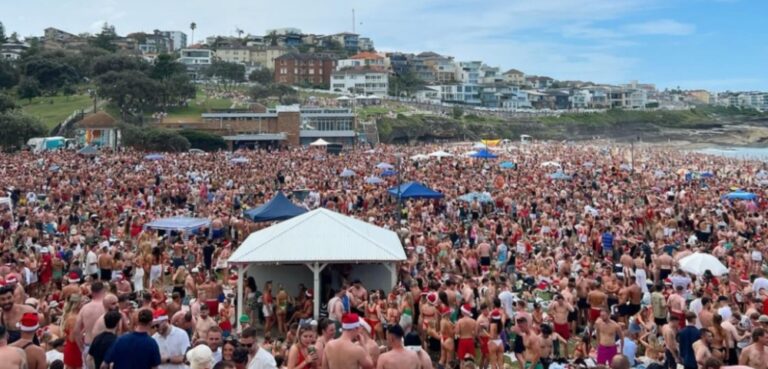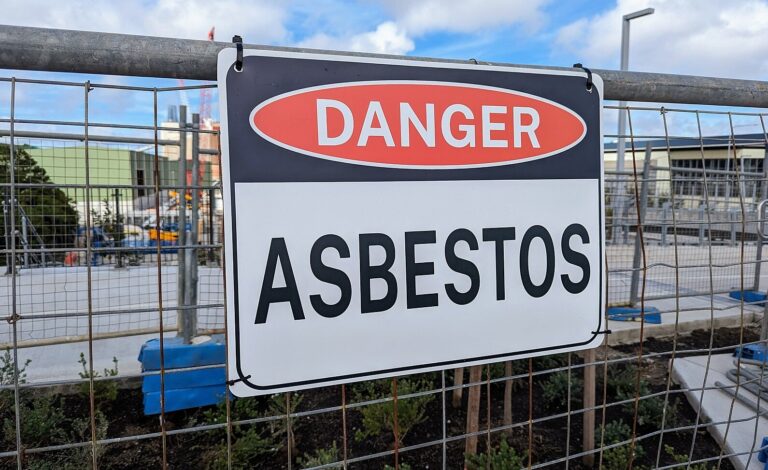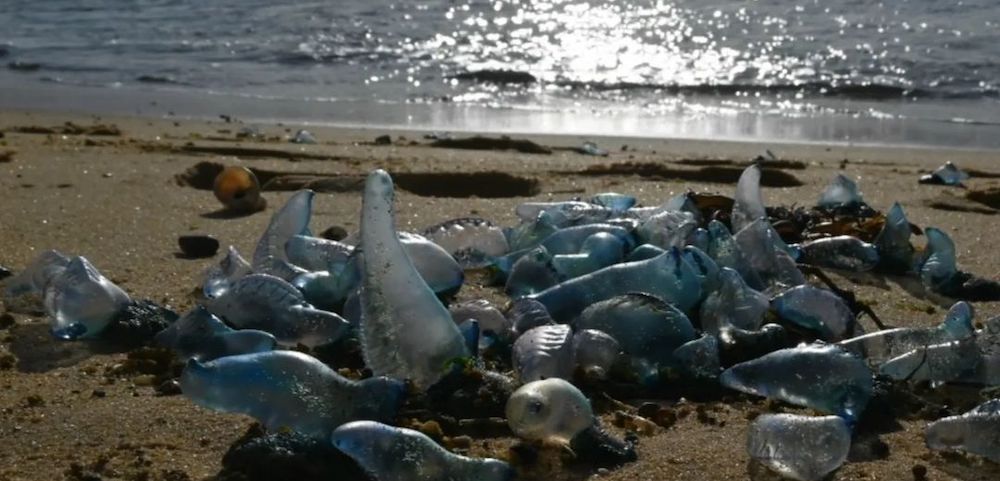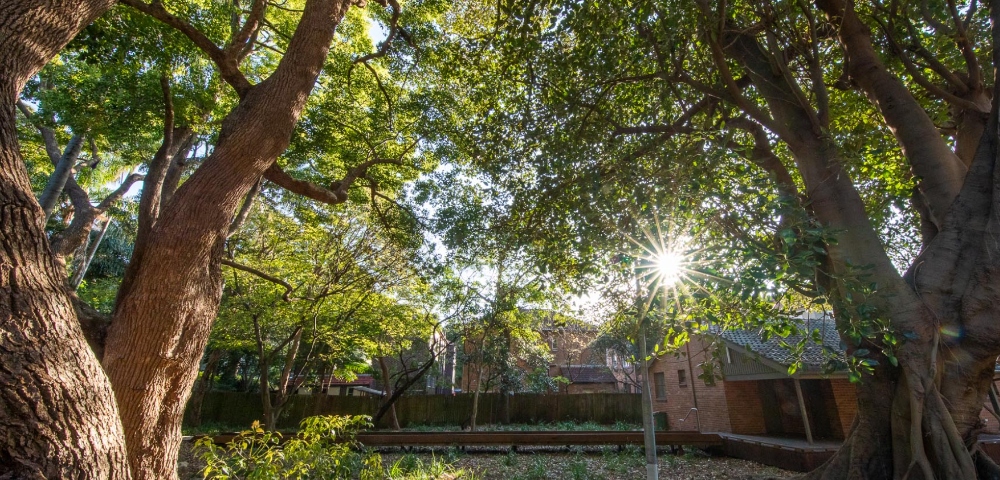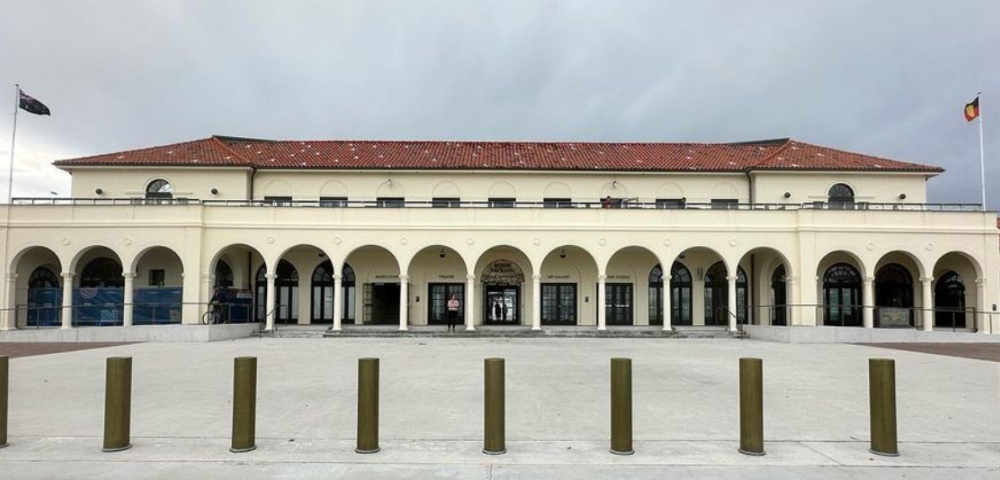
Clean-up ‘contagious’ on Shark Island
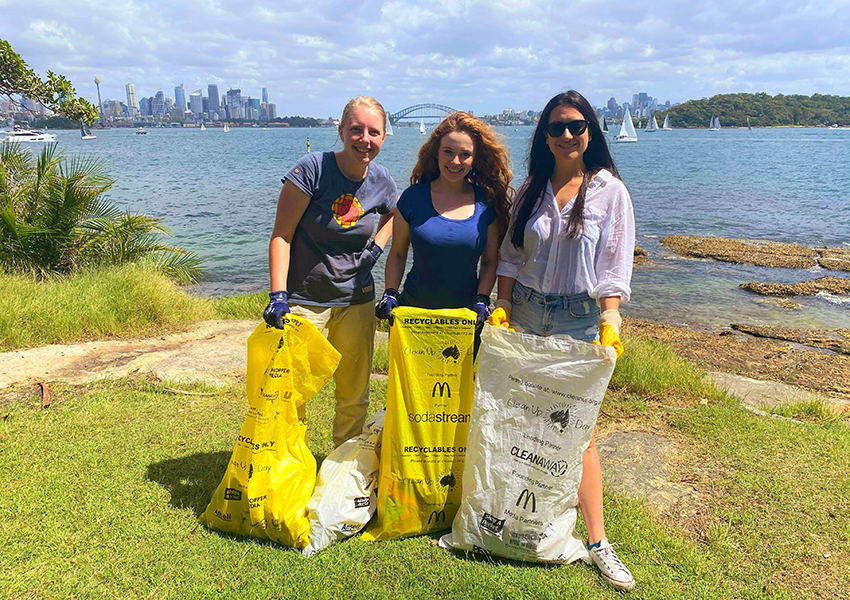
By ALLISON HORE
In the spirit of Clean-Up Australia day, a group of Sydney locals took their efforts to one of Sydney’s iconic harbour islands.
This year there were over 500 official clean-up events held across Sydney. But Debbie Neilson, a Sydney-based actor, was inspired to organise a clean-up of her own by her mother, who supervised a clean-up in Glebe in 1992, the year she was born.
And Shark Island was the perfect location for her clean-up. She said while working as a bridge climb leader she often had tourists asking about the island, and was curious about the location herself. So she got a few friends together, arranged a clean-up, and called up H2O Water Taxis who agreed to take the group to the island for free.
“I’m kind of always looking out at the harbour, looking at Shark Island, and I’m quite passionate about the environment and cutting down on single plastics, so I wanted to head out to the island and do a clean-up,” she said.
“I went out there years and years ago, because my mum had organised a clean-up there, I know there were tonnes of clean ups going on yesterday, but I think because my mum tried to do it just a little bit different and somewhere that wasn’t super easy to get there.”
The island, just one kilometre from the mouth of Rose Bay, is a popular picnicking and swimming spot. Before becoming a part of the Sydney Harbour National Park in 1975, the island had various lives from 1880 as a recreation reserve, animal quarantine area and a naval storage depot.
Debbie said was pleasantly surprised the amount of rubbish on the island was smaller than expected, so her group focused on cleaning up the water’s edge, on the rocks and in the shallows, where plastic waste had washed up.
Pollution problem
One surprising find Debbie and her group came across was part of a glass beer or wine bottle dating back to the 1950s.
“I think about 15 years ago we first went out and there was a lot more [trash], but I think the good thing was the rangers do a great job of cleaning it,” she said.
“We had the snorkels on and we were going in the water and picking up rubbish at the bottom, so that was pretty unique, coming across rubbish that had been there for so long.”

According to CSIRO estimates from 2019, around 1560kg of plastic enters the city’s waterways each hour, most of it coming into the harbour through stormwater drains. This means about 15 Olympic-size swimming pools of pollutants enter the harbour each year.
Plastics in the ocean can take up to 450 years to break down.
Seeing Debbie and her group cleaning up by the water, some tourists who had come to enjoy the picturesque harbour views for the day decided to get involved too.
“It was really nice, they asked us ‘what are you doing’ and we got chatting to them, and they just, without our encouragement started picking up rubbish and putting it in our bags,” she explained.
“There’s tonnes of people out there who just want to do the right thing, but maybe don’t know how to go about it.”
Debbie encourages anyone looking to make a difference to get involved in, or even organise their own, Clean-Up event next year. She says it’s easy, fun and a great activity to do with friends.

